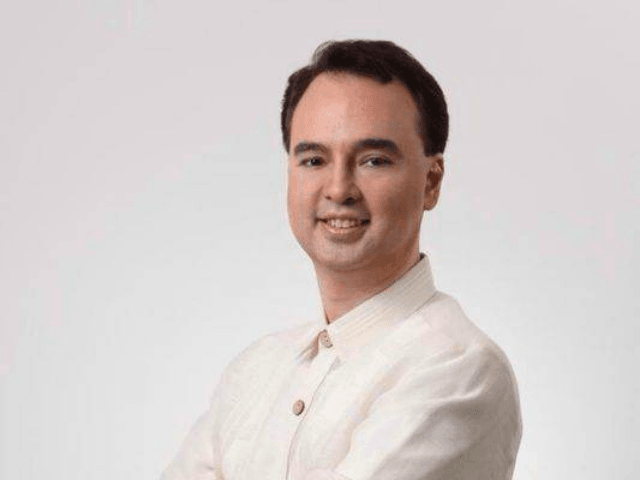Philippines Foreign Affairs Secretary Alan Peter Cayetano demanded “fairness” from a highly critical U.N. Human Rights Council on Tuesday, asserting that President Rodrigo Duterte’s war on drug crime was necessary to “save lives” and “make our people safe and secure from all threats, terrorism, corruption and criminality.”
Cayetano also took the opportunity to disparage U.N. Special Rapporteur on summary executions Agnes Callamard, comparing her without naming her to “the Queen in Alice in Wonderland” for criticizing Duterte’s campaign to kill drug criminals and promotion of extra-judicial killing. When an observer “culls evidence only for what might support her prejudgment, he or she loses the moral high ground and is stripped of any credibility,” he argued.
The Philippine Star notes that Duterte invited Callamard to the Philippines, but only if he could debate her publicly, which she declined. She most recently visited the country in May, but not in an official capacity.
“As a sovereign nation, we deserve respect and even support for our right to life and liberty, our sovereign right to self-determination, to make our people safe and secure from all threats, terrorism, corruption and criminality,” Cayetano demanded.
“Human rights becomes a human wrong when the ridiculous assertion is taken seriously that drugs are harmless, that their effects are benign at best and passing at worst, and that taking the most vigorous measures to stop the evil trade constitutes genocide,” he continued. “That puts drug dealers and drug pushers on the same moral level as the victims (of) holocausts.”
Duterte himself, however, has compared the drug war to the Holocaust.
“Hitler massacred three million Jews. Now there is three million, what is it? Three million drug addict [sic], there are. I’d be happy to slaughter them,” he said in a 2016 speech.
Cayetano also criticized the U.N. for not acting when presented with blatant human rights violations around the world, telling its members to “engage and act and not merely name and shame.”
Members of the U.N. Human Rights Council include some of the world’s most violent and abusive regimes, including Cuba, Democratic Republic of Congo, Iraq, Pakistan, Saudi Arabia, and Venezuela. The Philippines is currently a member of the council.
When not mired in inaction, the Council has spent more of its efforts condemning Israel, the only democracy in the Middle East, than all other nations combined. It has also issued statements in defense of its most brutal member regimes, like Venezuela.
This week, HRC members pushed for pressuring the Philippines to accept a UN Special Rapporteur, which Cayetano said his country would readily do. The Philippines, he stated, would accept “anyone except one who has already prejudged us.”
“All we ask for his fairness,” he asserted.
Presidential spokesman Harry Roque defended Cayetano and his boss to reporters on Tuesday, affirming that Duterte would welcome a “credible, objective and unbiased” UN observer, but “definitely not Agnes Callamard.”
“It’s her fault the home state does not want her in,” Roque insisted.
When Callamard visited in May, she attended an academic conference where she criticized Duterte’s promotion of extra-judicial killing. Since winning the presidency in 2016, Duterte has repeatedly warned drug criminals, “I will kill you;” threatened to execute his son; threatened to kill human rights advocates who protest too loudly; offered “medals” and bounties for extra-judicial killings of drug suspects; and told police they are “free to kill” if challenged. He also threatened to leave the UN if continually criticized for his remarks, but a cabinet official later stated he only made the remark because he was “hungry.”
Most recently, Duterte told his military to shoot communist terrorists “in the vagina” to prevent them from reproducing.
In November, he threatened to physically attack Callamard. “If you investigate me, I will slap you. I will slap her in front of you. Why? Because you are insulting me,” he told a crowd.
As of February, the New York Times estimates that between 4,000 (the government number) and 12,000 people (the Human Rights Watch number) have been killed in police anti-drug activity since Duterte announced a “less bloody” version of the drug war in March 2017.
In addition to U.N. protests, the International Criminal Court in the Hague announced this month that it would open an investigation into the drug war. In doing so, it noted that many of those killed in police activity died as a result of attacks by drug criminals, not the government.

COMMENTS
Please let us know if you're having issues with commenting.